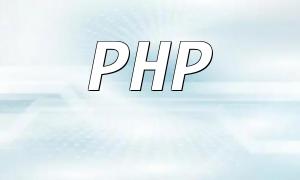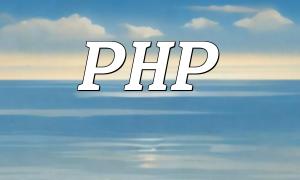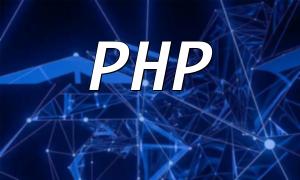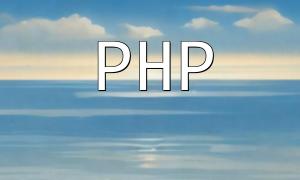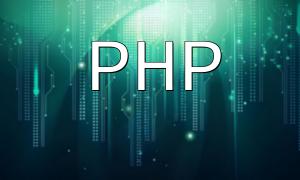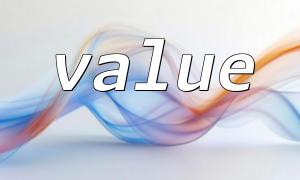In the digital age, e-commerce has become an integral part of our daily lives. More and more businesses and developers are opting to build online store systems to drive growth. PHP, as a widely-used scripting language, has become a popular choice for building multi-user e-commerce systems due to its powerful features and flexibility. This article will explore why PHP is the best choice for developing multi-user e-commerce platforms.
One of PHP's standout features is its open-source nature, which allows anyone to freely use, modify, and extend the language to meet the needs of different e-commerce systems. Open-source means developers can leverage a vast community, quickly access technical support, frameworks, and plugins, significantly enhancing development efficiency.
PHP's cross-platform capabilities allow it to run on various operating systems, including Windows, Linux, and macOS. Developers can choose the operating system that best suits their needs, eliminating concerns about platform compatibility, and further increasing the flexibility and deployability of multi-user e-commerce systems.
PHP offers many well-known frameworks, such as Laravel, Symfony, and CodeIgniter, which provide comprehensive functionality to accelerate multi-user e-commerce system development. By using frameworks, developers can reduce repetitive tasks and improve development efficiency. Additionally, PHP provides robust libraries for tasks such as database operations and image processing, simplifying the development process.
PHP boasts a large developer community and extensive documentation resources. Whether you're a beginner or an experienced developer, you can easily find tutorials, articles, and technical documentation online. These resources help developers quickly solve problems and understand PHP usage techniques.
Another key advantage of PHP is its excellent scalability and compatibility. PHP easily integrates with popular database systems like MySQL and Oracle for efficient data processing. Additionally, PHP works seamlessly with other programming languages such as JavaScript, HTML, and CSS, enabling smooth collaboration between the front-end and back-end.
From its open-source nature and cross-platform support to its rich frameworks and libraries, as well as a strong community and documentation resources, PHP undoubtedly provides powerful technical support for building multi-user e-commerce systems. For developers and businesses aiming to create efficient, stable, and scalable e-commerce platforms, PHP is an ideal choice.
